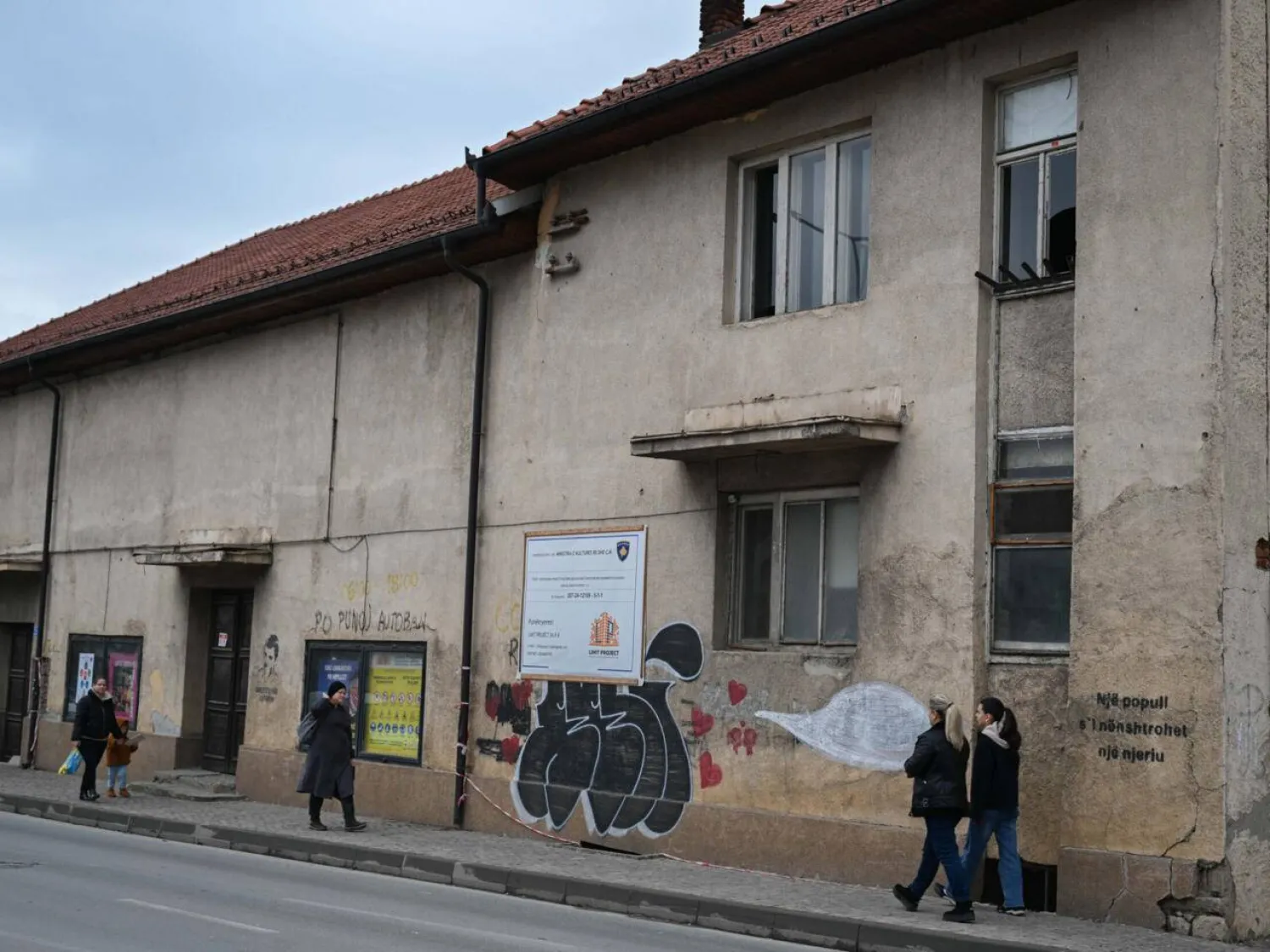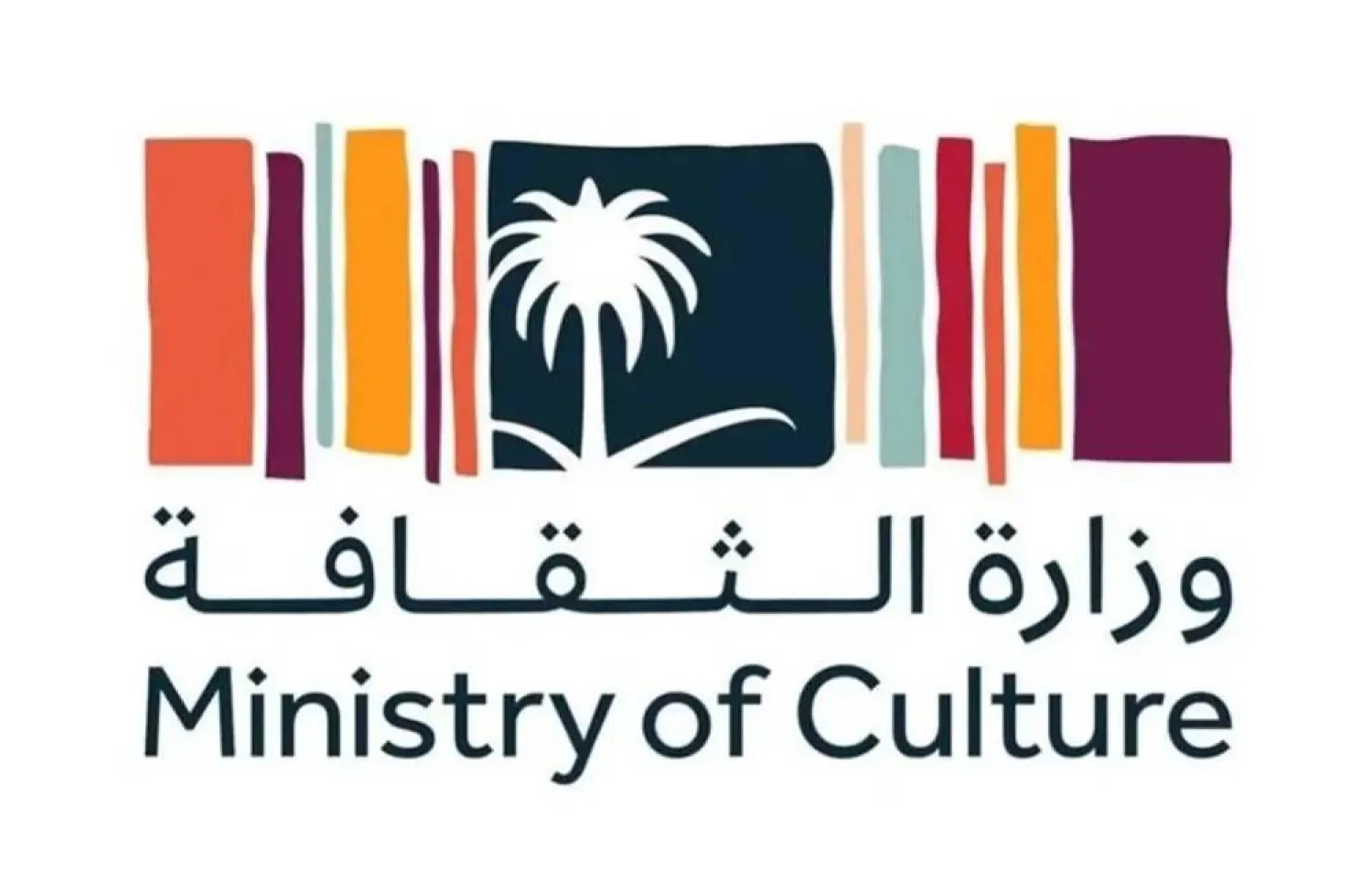Auction house Christie's opened its regional headquarters in Hong Kong on Friday as its Asia Pacific chief predicted a sales "pickup" despite a global art market weighed down by wary sellers.
Christie's is the third major auction house in recent years to expand their footprint in the Chinese finance hub in a bid to woo younger Asian buyers, following rivals Phillips and Sotheby's.
President of Christie's Asia Pacific Francis Belin said the current dip in the market was due to "hesitant" consignors and "sellers being a little bit cautious".
"We are quite confident... in the second half of this year that we see a very nice pickup in our numbers," Belin told AFP.
Christie's earlier reported $2.1 billion in sales in the first six months of 2024 -- the second consecutive year of decline -- down from its 2022 peak of $4.1 billion.
China's economic slump has been cited as a key reason the art market has pulled back from its pandemic-era peaks.
But Belin said the new venue reflected the "very strong demand" from Asia with the emergence of younger collectors.
"The market is not short of buyers... Asia continues to recruit new clients, younger clients (and) Asian collectors embrace new categories," he said, adding that Hong Kong remained the "best place to transact art".
"It's a free flow of capital, free flow of merchandise, free flow of people," Belin said.
The auction house took over four floors at a new skyscraper designed by Zaha Hadid Architects located in the heart of Hong Kong's financial district, with 50,000 square feet (4,600 square meters) of exhibition and office space.
The new space will allow Christie's to bring their events in-house instead of vying for room at Hong Kong's convention and exhibition center.
Its first series of auctions set for next week includes artwork by Vincent van Gogh, Claude Monet and Chinese-French painter Zao Wou-Ki.
Analysts say major auction houses are unfazed by Hong Kong's political environment even as Beijing tightens its grip on artistic freedoms.
Christie's expansion also came at a time when the city's commercial property market was at a low ebb.
The building housing Christie's, called The Henderson -- reportedly built on the world's most expensive plot of land -- was 40 percent vacant as of May, according to Bloomberg News.
Belin earlier told AFP that Christie's signed a 10-year lease at The Henderson and that the relocation would cut operating costs.









